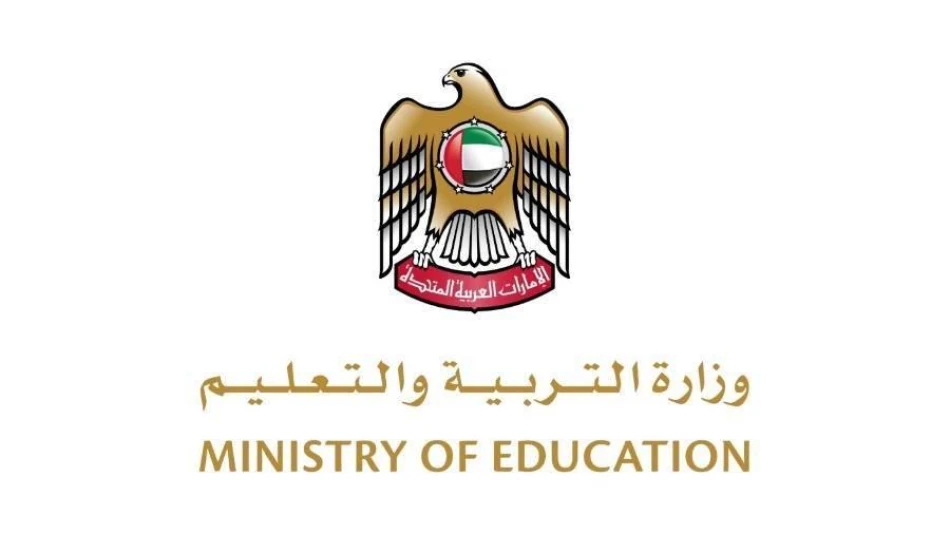
New Attendance Guidelines Unveiled for 2025-2026 Academic Year
Education Ministry Cracks Down on Student Absenteeism with Aggressive New Enforcement Rules
The Ministry of Education has unveiled a comprehensive attendance monitoring system for the 2025-2026 academic year that introduces immediate consequences for student absences, including double penalties for strategic truancy around holidays and potential referral to child protection agencies after just 15 days of unexcused absence. The policy represents one of the most stringent approaches to educational attendance in the region, signaling a fundamental shift toward zero-tolerance enforcement.
Immediate Consequences Replace Traditional Grace Periods
Under the new procedural guide, disciplinary measures begin after a single day of absence, abandoning the traditional approach of allowing students multiple unexcused absences before intervention. This immediate response system includes automated messaging to notify parents instantly when their children miss school, creating real-time accountability that mirrors corporate attendance tracking systems.
The escalation timeline moves swiftly: after 15 days of unexcused absence, student files are transferred to specialized departments and external child protection agencies. This represents a significant departure from purely educational remedies, introducing social services intervention as a standard enforcement tool.
Strategic Absence Prevention Through Double Penalties
The ministry has specifically targeted the common practice of extending holidays by implementing a double-day penalty system. Students who miss school on Fridays or days immediately before or after official holidays will have two days counted against their absence record for each single day missed.
This provision directly addresses a widespread pattern where families extend vacations or long weekends, effectively treating discretionary time off as acceptable despite its impact on educational continuity. The policy recognizes that strategic absences around holidays represent planned truancy rather than legitimate emergencies.
Annual Limits Set Maximum Tolerance
The ministry established clear numerical thresholds: five unexcused absence days per semester and 15 days annually. Exceeding these limits triggers automatic grade repetition, removing subjective judgment from what has traditionally been a case-by-case evaluation process.
These limits align with international educational standards that typically allow 10-18 days of absence annually before academic consequences, though few countries implement such immediate intervention protocols.
Due Process Maintains Appeal Rights
Despite the strict enforcement framework, the ministry preserved procedural fairness by granting parents a five-day window to contest absence determinations. This appeals process provides a crucial check against administrative errors or legitimate circumstances that may not have been properly documented initially.
The appeal mechanism suggests the ministry anticipates significant pushback from families accustomed to more flexible attendance expectations, while maintaining the policy's overall enforcement integrity.
Regional Context and Implementation Challenges
This comprehensive attendance crackdown positions the country among the more aggressive educational enforcement jurisdictions globally. While countries like Singapore and South Korea maintain strict academic standards, few implement such immediate intervention protocols or involve child protection services so readily in attendance matters.
The policy's success will largely depend on consistent implementation across diverse school districts and the ministry's ability to distinguish between legitimate family circumstances and deliberate truancy. The immediate notification system requires robust technological infrastructure that many school systems struggle to maintain effectively.
The ministry's approach reflects growing recognition that educational success requires treating attendance as a fundamental prerequisite rather than an aspirational goal. By eliminating traditional grace periods and implementing immediate consequences, the policy signals that regular school attendance is non-negotiable for academic advancement, regardless of family preferences or cultural practices that may conflict with this standard.
Most Viewed News

 Omar Rahman
Omar Rahman






